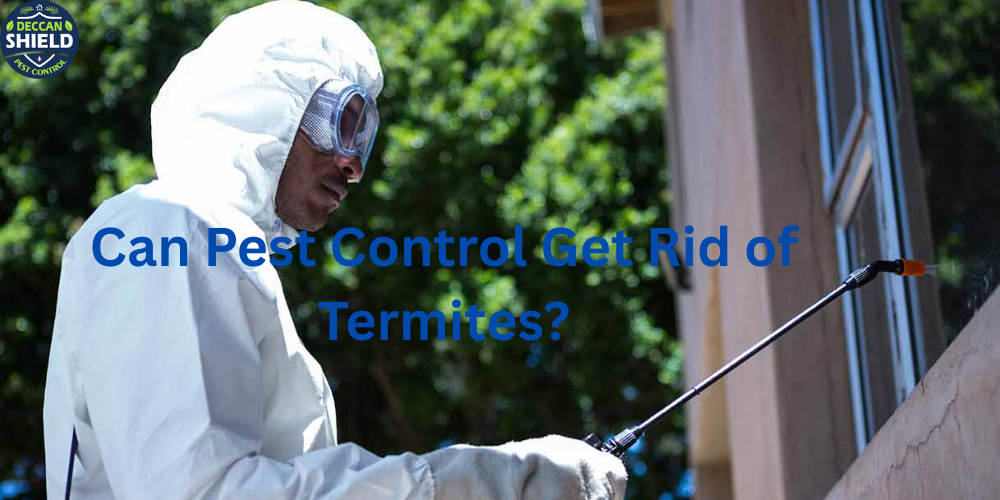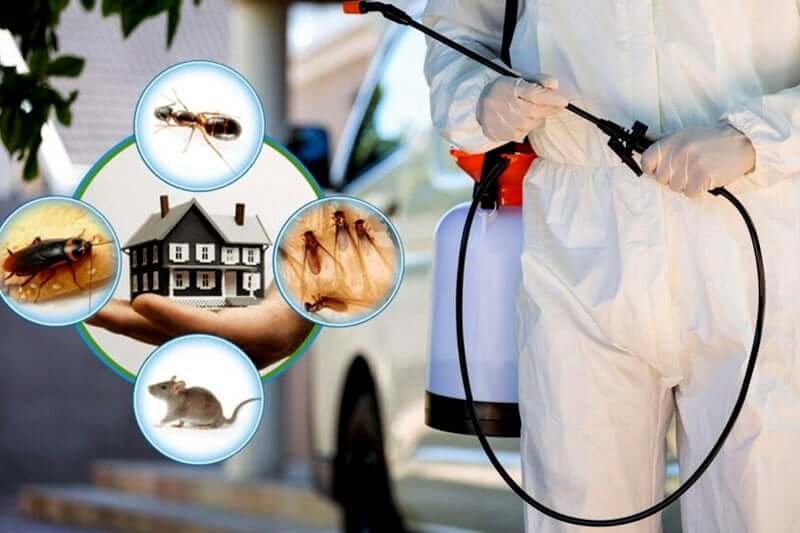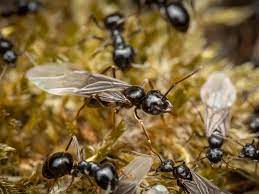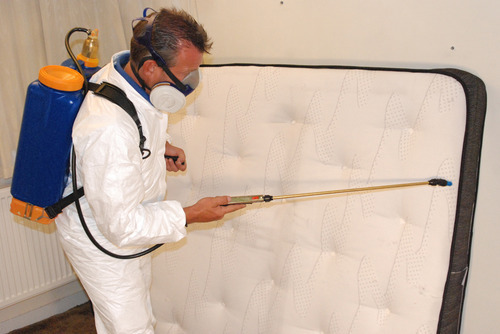How Can You Recognize Symptoms of Mosquito-Borne Illnesses Early?
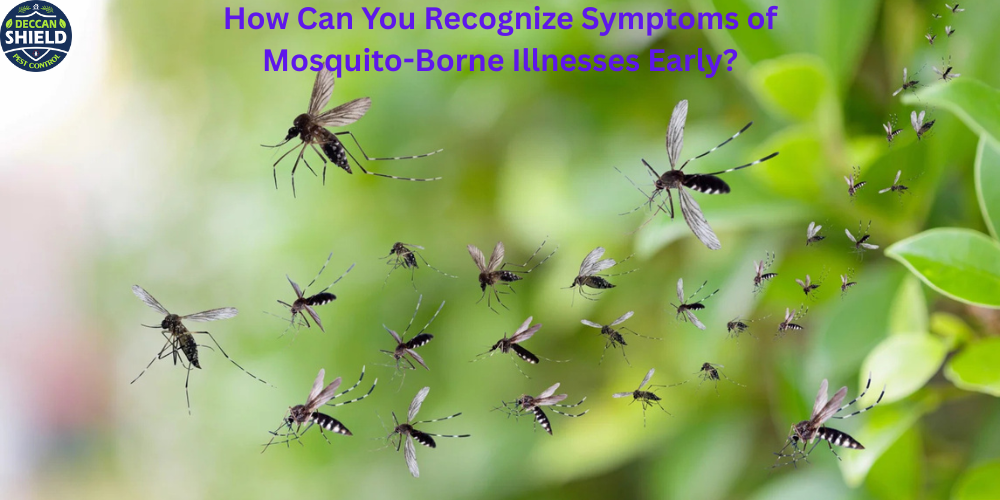
Strong 8k brings an ultra-HD IPTV experience to your living room and your pocket.
Mosquitoes are more than just pesky insects that leave itchy bites behind. They are one of the deadliest creatures on the planet due to their ability to transmit life-threatening diseases. In countries like India, where tropical and humid climates provide the perfect breeding grounds for mosquitoes, mosquito-borne illnesses such as dengue, malaria, chikungunya, Zika virus, and Japanese encephalitis are a major public health concern.
Early recognition of the symptoms associated with mosquito-borne illnesses is critical for effective treatment and preventing complications. In this comprehensive guide, we’ll explore how to identify early symptoms of these diseases, understand their causes, and what you can do to protect yourself and your family.
Why Early Detection of Mosquito-Borne Diseases Matters
Early detection is crucial because:
• It reduces the risk of severe complications.
• Timely treatment can reduce the duration and severity of illness.
• Helps contain the spread of disease to others.
• Improves recovery outcomes and reduces hospitalization.
By being vigilant and recognizing the early signs, you can seek medical help quickly and ensure faster recovery.
Common Mosquito-Borne Illnesses and Their Early Symptoms
Let's break down the early symptoms of some of the most common mosquito-transmitted illnesses found in regions like Hyderabad and other tropical zones.
1. Dengue Fever
Causative Agent: Dengue virus (transmitted by Aedes aegypti mosquito)
Incubation Period: 4 to 10 days after the bite
Early Symptoms:
• Sudden high fever (often reaching up to 104°F or 40°C)
• Severe headache, especially behind the eyes
• Joint and muscle pain (also known as "breakbone fever")
• Fatigue and weakness
• Skin rash that appears a few days after the fever
• Nausea and vomiting
• Mild bleeding, such as nosebleeds, bleeding gums, or easy bruising
Why It’s Dangerous: Dengue can progress into Dengue Hemorrhagic Fever or Dengue Shock Syndrome, which can be fatal if untreated.
What To Do: If you or a loved one experiences a sudden high fever with these symptoms, visit a healthcare provider immediately. Do not take aspirin or ibuprofen, as these can worsen bleeding.
2. Malaria
Causative Agent: Plasmodium parasites (transmitted by Anopheles mosquito)
Incubation Period: 7 to 30 days
Early Symptoms:
• Cyclic fever (typically occurs in waves or chills, followed by sweating)
• Shaking chills
• Headache
• Nausea or vomiting
• Fatigue
• Body aches
• Sweating profusely after the fever spikes
Why It’s Dangerous: Malaria can cause complications like cerebral malaria, organ failure, and severe anemia.
What To Do: Seek medical attention immediately for a blood test. Early diagnosis and anti-malarial treatment can save lives.
3. Chikungunya
Causative Agent: Chikungunya virus (transmitted by Aedes aegypti and Aedes albopictus)
Incubation Period: 2 to 7 days
Early Symptoms:
• Sudden onset of high fever
• Severe joint pain, especially in the hands and feet
• Muscle pain
• Headache
• Skin rash
• Redness in eyes
• Fatigue or malaise
Why It’s Dangerous: Although rarely fatal, chikungunya can cause long-term joint pain that may last for weeks or even months.
What To Do: Visit a doctor for symptomatic treatment. Rest and hydration are essential. Pain relievers like paracetamol can help manage discomfort.
4. Zika Virus
Causative Agent: Zika virus (transmitted primarily by Aedes aegypti)
Incubation Period: 3 to 14 days
Early Symptoms:
• Low-grade fever
• Rash
• Joint pain
• Red eyes (conjunctivitis)
• Muscle pain
• Headache
Why It’s Dangerous: While symptoms are generally mild, Zika is particularly dangerous for pregnant women as it can cause microcephaly and other birth defects in babies.
What To Do: Pregnant women or those planning pregnancy should consult a doctor immediately if exposed. Rest, fluids, and pain relievers like acetaminophen can help.
5. Japanese Encephalitis
Causative Agent: Japanese encephalitis virus (transmitted by Culex mosquitoes)
Incubation Period: 5 to 15 days
Early Symptoms:
• Mild fever and headache
• Fatigue
• Vomiting
• Mental confusion
• Neck stiffness
• Seizures
• Disorientation
Why It’s Dangerous: This disease can cause inflammation of the brain and has a high fatality rate. Survivors may suffer from neurological damage.
What To Do: Immediate hospitalization is required. Vaccination is the most effective prevention.
General Signs You Should Never Ignore
While each disease has specific symptoms, here are general warning signs that could indicate a mosquito-borne infection:
• Fever that doesn’t subside in 2–3 days
• Persistent headache and muscle or joint pain
• Unusual bleeding or bruising
• Rash, especially when accompanied by fever
• Unexplained fatigue or confusion
• Eye redness or pain behind the eyes
• Nausea, vomiting, or abdominal pain
If you notice these symptoms—especially during or after the monsoon season—don’t delay medical consultation.
High-Risk Groups Who Should Be Extra Cautious
Some people are more vulnerable to mosquito-borne illnesses and should be especially vigilant:
• Children and infants
• Elderly individuals
• Pregnant women
• People with compromised immune systems
• Travelers visiting endemic regions
These groups are more prone to complications and need immediate care if early symptoms appear.
Diagnosing Mosquito-Borne Illnesses
Doctors usually use a combination of clinical symptoms and lab tests to confirm mosquito-borne diseases:
• Blood tests: to detect the presence of viruses, parasites, or antibodies
• Platelet count: especially important in dengue cases
• Liver and kidney function tests: to detect complications
• Rapid diagnostic tests (RDTs) for malaria
Prompt testing ensures correct treatment and quicker recovery.
Preventive Measures to Avoid Getting Sick
While recognizing symptoms is important, prevention is always better than cure. Here’s how you can protect yourself and your family:
1. Mosquito Control Services
Hire professional mosquito control services, especially if you live in mosquito-prone areas like Hyderabad. They use eco-friendly treatments and fogging methods that target mosquito breeding grounds.
2. Eliminate Breeding Sites
Mosquitoes lay eggs in stagnant water. Regularly empty, clean, or cover containers that collect water like:
• Buckets
• Flowerpots
• Coolers
• Pet water bowls
• Drainage areas
3. Use Mosquito Repellents and Nets
• Apply mosquito repellent creams (with DEET or picaridin)
• Install mesh screens on windows and doors
• Use bed nets, especially when sleeping in rural or poorly ventilated areas
4. Wear Protective Clothing
Cover your skin by wearing long-sleeved shirts, pants, and socks. Light-colored clothing is better as mosquitoes are attracted to dark colors.
5. Stay Indoors During Peak Mosquito Hours
Avoid going out during dawn and dusk when mosquitoes are most active.
When to Seek Emergency Medical Care
Seek immediate help if you or a family member experiences any of the following:
• Bleeding under the skin or from orifices
• Persistent vomiting or inability to eat
• Severe abdominal pain
• Difficulty breathing
• Seizures
• Loss of consciousness
• Signs of dehydration (dry mouth, sunken eyes, low urine output)
These symptoms suggest a severe stage of infection and require urgent hospitalization.
Role of Community and Government in Mosquito Control
Community efforts, along with government initiatives, play a crucial role in reducing the spread of mosquito-borne diseases:
• Fogging and spraying insecticides in public areas
• Health awareness campaigns
• Free or subsidized vaccinations (e.g., Japanese Encephalitis)
• Ensuring proper drainage and sanitation systems
Participate in local clean-up drives and report mosquito breeding sites to local authorities.
Conclusion: Be Alert, Not Afraid
Mosquito-borne illnesses are preventable and treatable—but only if identified early. By recognizing symptoms such as high fever, joint pain, headaches, and rashes, you can take action before the disease escalates.
Combining personal protection measures with the help of mosquito control services near you—like those offered by local providers in Hyderabad—can greatly reduce your risk.
Stay informed, stay protected, and don’t ignore the signs. When in doubt, always consult a healthcare professional.
Note: IndiBlogHub features both user-submitted and editorial content. We do not verify third-party contributions. Read our Disclaimer and Privacy Policyfor details.



